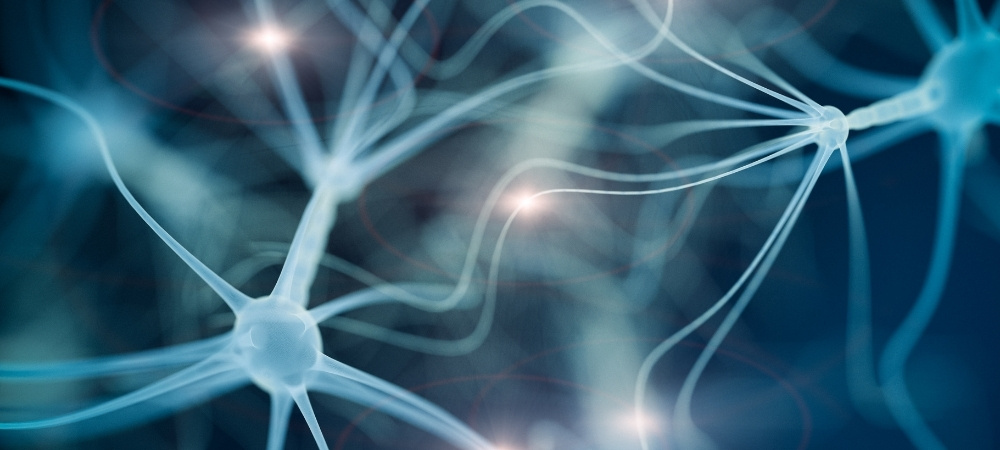For decades, one of neuroscience’s great debates has been whether adults can grow new brain cells. We’ve long accepted that babies and young children generate new neurons to build their developing brains – but what about adults?
A new study published in Science in July 2025 may have put the debate to rest: yes, adults can generate new neurons – even into their 70s.
Adult neurogenesis occurs in the hippocampus — the brain’s hub for memory, learning, and emotion — even in later life.
What Did the Study Find?
Researchers from the Karolinska Institute in Stockholm analysed over 400,000 brain cells using single-nucleus RNA sequencing and machine learning. By examining brain tissue from people aged 0 to 78, they identified clear evidence of neurogenesis — the birth of new brain cells — in the hippocampus.
Crucially, they found these new cells in adults too. In one analysis method, neurogenesis was observed in 10 out of 10 adult brains studied.
Why Is This Important?
This finding changes how we think about the ageing brain. It suggests our capacity for growth, learning, and repair may extend far into adulthood. It also opens up exciting possibilities:
- Recovery after injury: Could enhanced neurogenesis support recovery from brain injuries or trauma?
- Healthy ageing: Can we slow or prevent cognitive decline by protecting and nurturing neurogenesis?
- Lifelong learning: Might lifestyle choices help sustain memory and learning across the lifespan?
While more research is needed to understand therapeutic potential, this evidence aligns with functional medicine observations: the adult brain is plastic and adaptable.
Can We Support Neurogenesis Naturally?
Evidence from prior human and animal studies suggests the following strategies may support the creation and survival of new brain cells:
- Regular exercise — especially aerobic activity.
- Plant-rich, anti-inflammatory diets — e.g., Mediterranean; ketogenic in select cases.
- Sleep & circadian rhythm — consistent routines and high-quality sleep.
- Stress reduction — meditation, breathwork, and nervous-system calming practices.
- Cognitive challenge — learn new skills, languages, or instruments.
- Key nutrients & compounds — omega-3s, polyphenols and flavonoids (berries, green tea, turmeric).
In clinic, we may also consider options such as ketone support, adaptogens, and nootropics, particularly when neuroinflammation or early cognitive decline is present.
What This Means for You
If neurogenesis is possible in adulthood, you’re not a passive observer of your brain health — you can take action. Prevention, lifestyle, and nutrition aren’t just about heart or gut health; they’re brain-protective too.
If you’re noticing memory lapses, brain fog, or early signs of decline, early assessment can help identify your unique risk factors and the most effective interventions.
How We Can Help
We offer:
- Advanced brain health assessments and cognitive risk profiling.
- Extensive laboratory testing tailored to your biomarkers and genetics.
- Personalised prevention plans covering nutrition, sleep, stress, exercise, and targeted supplementation.
Curious about your brain’s true age and capacity for regeneration? Ask us about our advanced testing options.
Ready to explore your brain’s potential for renewal?
Book a Cognitive Health Consultation and let’s map out a plan for resilience and healthy ageing.
Enquire or BookNote: Research in this area is evolving. This article is educational and not a substitute for personalised medical advice.

